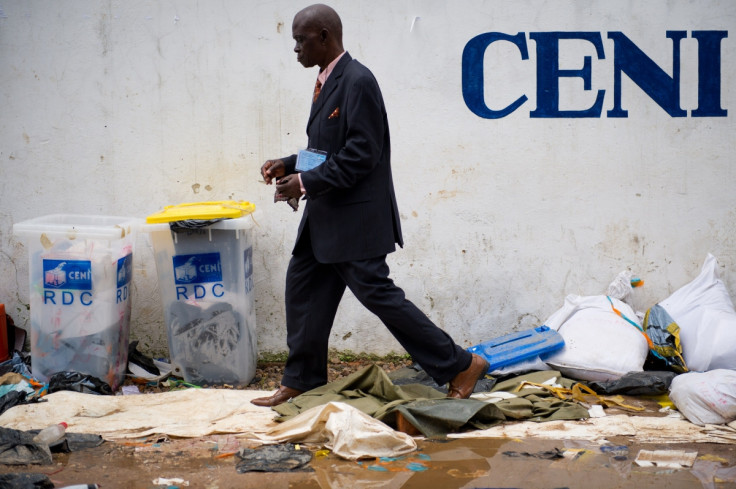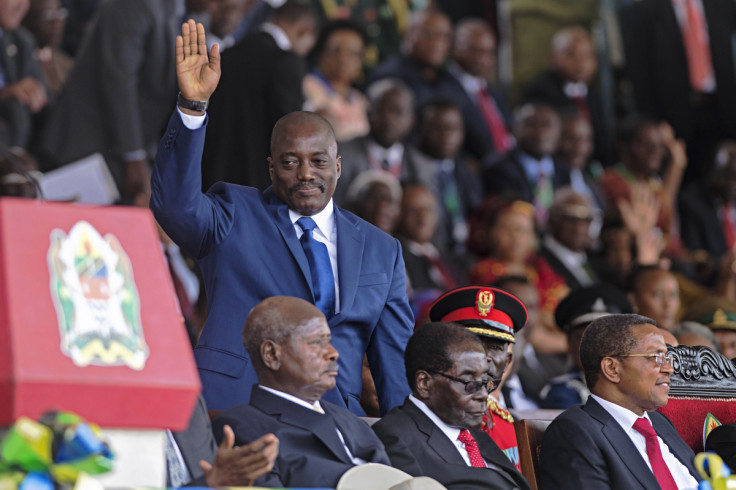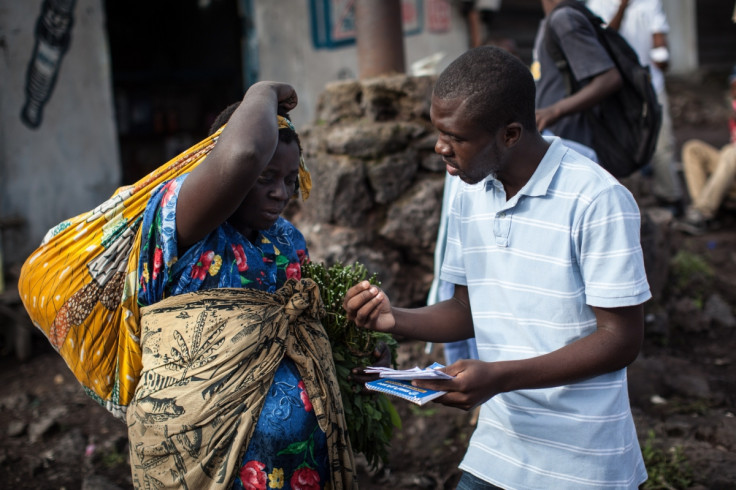DRC: CENI is 'playing the game of Kabila's regime' claim activists after elections delay

The Democratic Republic of Congo's electoral commission is 'playing the game of the regime', activists have claimed, after the body announced revised dates and budgets for upcoming elections in the Central African nation.
Voting for governors and deputy governors in 21 of the country's 26 provinces will be held on 26 March , Congo's Independent National Electoral Commission (known by its French acronym CENI), announced on 11 February.
The gubernatorial elections, which the CENI previously scheduled for 31 August 2015, then 25 October 2015, are part of a packed elections calendar culminating in a vote for a new president that has been delayed (see the box below), after the government said it was missing the $2m (£1.3m) budget outlined by CENI to fund the ballot.
CENI 'undertook' EU experts
Activists of the group 'LUCHA' (Lutte pour le changement or struggle for change) have claimed the CENI may have tried to undercut a number of local and foreign experts mandated by the EU Commission.
The group of experts had been tasked with looking into the revision and modernisation of the electoral register a few weeks ago to enable timely elections by establishing the budget and time needed for CENI to carry on the revision process.
Why are Congolese worried about delayed elections?
The opposition views these delays as an attempt by Kabila and his supporters to buy time to introduce changes to the Constitution that would allow Kabila to extend his stay in power beyond his current mandate, which ends in December 2016.
A new draft law is attempting to bring in a new, nationwide tally to serve as the basis for the voter list and distribution of parliamentary seats. This, the opposition says, may take years in a nation as vast as DRC.
According to credible sources, Congolese and foreign experts in January established that CENI would need $80m and that the process would last a maximum of five months. Behind closed doors, the international community is reported to have agreed to put the money on the table, to enable CENI to start the process, sources said.
"That would mean the modernised and fair register could have been ready in May," LUCHA activist Jean Bwenge, told IBTimes UK from Goma.
A day after the international community met members of the government and before the EU Commission was expected to announce its intentions to fund the process, sources close to the issue said the government and CENI announced it needed $200m and anywhere between 13 and 16 months to complete the revision.
"It was a way of undercutting the international community to prevent it from speaking publicly of this possibility, in order to delay the electoral process," Bwenge explained, adding that, because of a lack of consensus between the different states, governments may have decided to avoid denouncing the case publicly as to prevent popular insurrection against the government.
"The CENI is playing the game of the regime."
The special representative of the United Nation's peacekeeping mission in DRC (Monusco), Maman Sidikou, told Radio France Internationale (RFI) this fundamental technical work should not be politicized.

New public tender 'delaying elections'
Speaking from Goma, LUCHA's activist also slammed CENI's decision to launch a new international public tender for a general contractor to roll out the revision of the register - after having dismissing as 'contested' a contract already awarded to a Belgian legal firm, Zetes.
"It will take months to get the submissions, then examine them, chose the best bidder, and then wait for the contractor to start working. We're looking for at least a year for the revision to take place, that is to say, largely beyond the December 2016 deadline, which is our deadline for Kabila's exit," Bwenge claimed.
However, LUCHA welcomed the new fixed date, estimating that elected governors would replace the current 'commissaires spéciaux', whose roles are not outlined in the Constitution. "They were nominated following a single decision of the Constitutional Court which ruled that the government should take emergency measures after estimating circumstances constituted a case of force majeure. But there has never been a case of force majeure,"
LUCHA has so far refuted the government's official line, claiming that the delay may be in part due to the fact that Kabila "wanted to control these provinces to, we believe, weaken (potential electoral candidate) Moise Katumbi in Katanga, and delay the electoral process". Katumbi, the former governor of the mineral-rich Katanga province, is one of the DRC's most powerful men and viewed by many as a symbol for change.
Bwenge added: "It is not true that the government was missing $2m, because the day before last, the President offered jeeps costing more than $2m to the winning Leopards Football team and in 2015, his wife had spent between $3m and $4m on a birthday bash in Goma. It's very clearly bad faith."
The opposition Mouvement de libération du Congo (MLC) in South Kivu, meanwhile, estimated that $56,000 was the budget needed to conduct the gubernatorial elections.

© Copyright IBTimes 2025. All rights reserved.





















